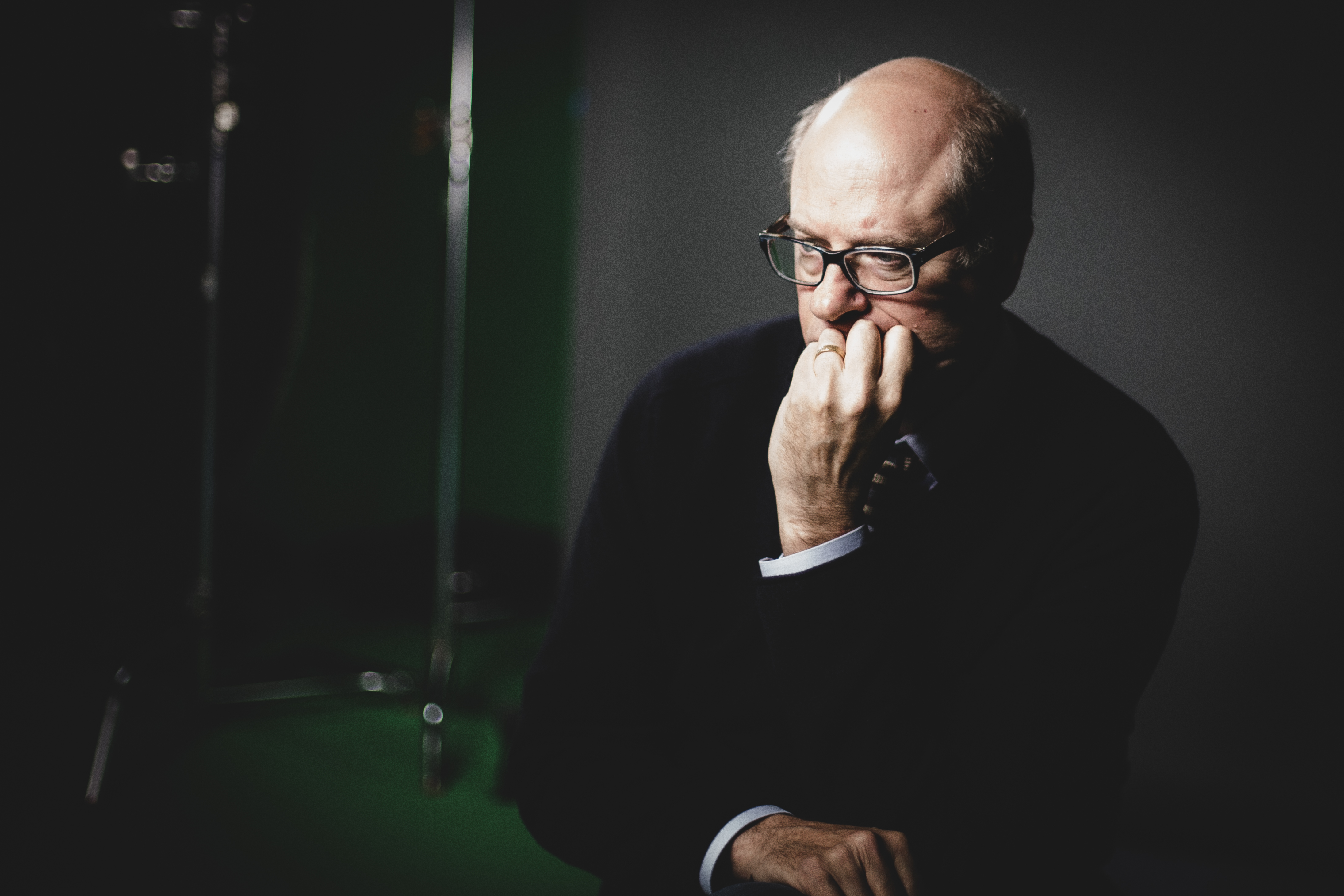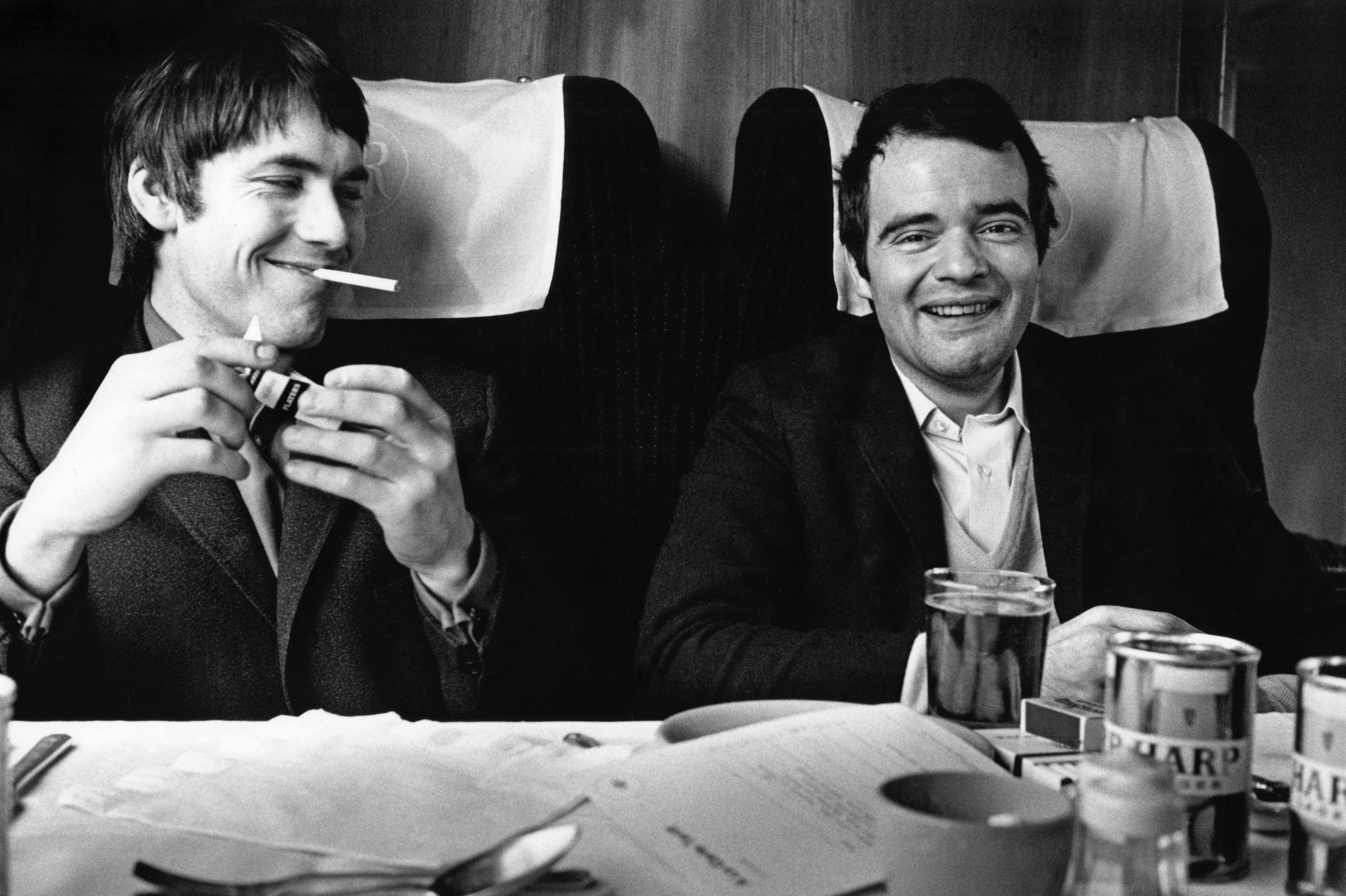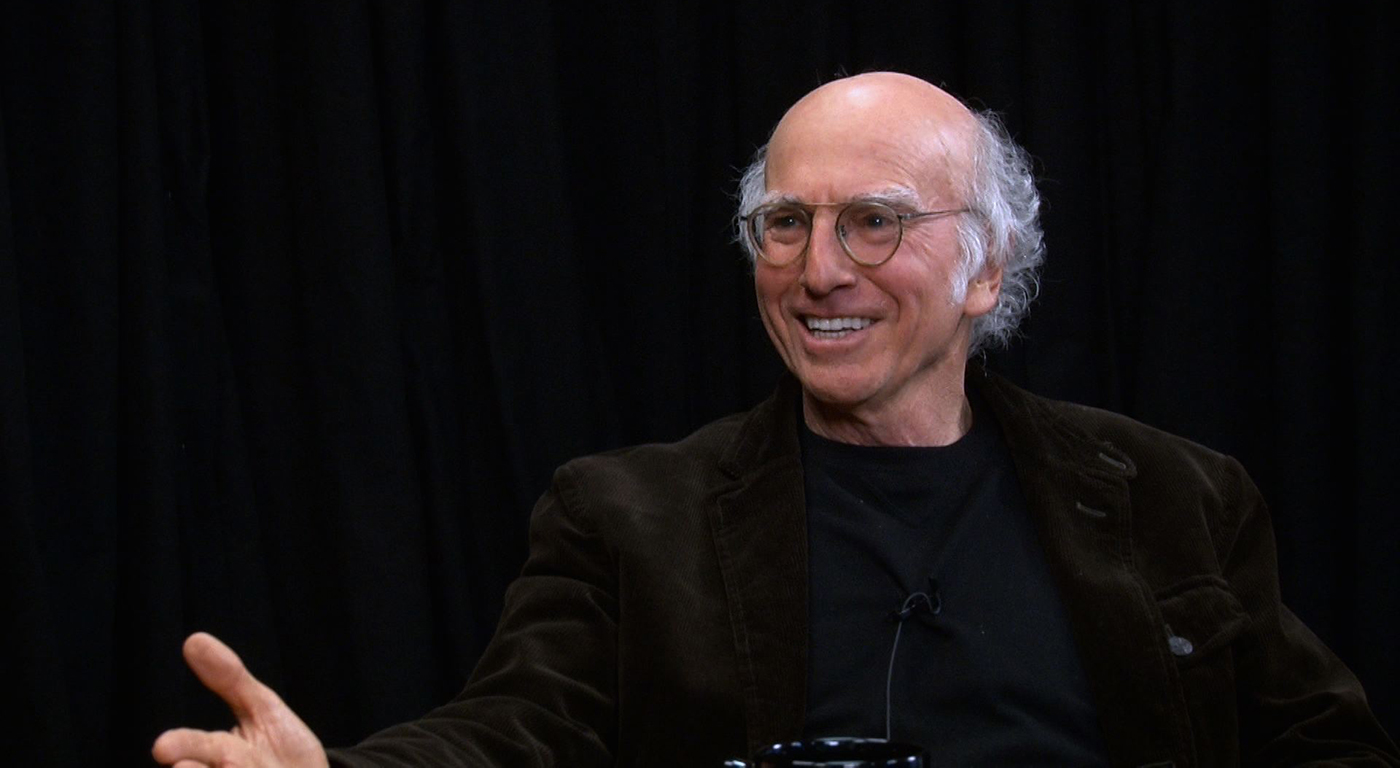THE WHITEHOUSE BROTHERS, Wade (Nick Nolte) and Rolfe (Willem Dafoe), chat together in their father’s garage about their father, Glen (James Coburn), a bitter alcoholic who tormented them as children with a constant barrage of insults, taunts, and outbursts of violence.
“I was a careful child,” confesses Rolfe. “I became a careful adult. At least I was never afflicted by that man’s violence.”
Wade laughs his response: “That’s what you think.”
Paul Schrader’s Affliction, from the novel by Russell Banks, is ostensibly the story of Wade, an unambitious, jocular small-town sheriff and odd-job man for a small-time entrepreneur. But the cold, objective narration of college professor Rolfe, who holds the story at arm’s length with his academic diction and disconnected voice, refracts the tale. As he puts into words his clinical take on Wade’s affliction, he unwittingly reveals his own.
Affliction
directed by Paul Schrader
starring Nick Nolte, Sissy Spacek,
James Coburn
opens February 19 at Seven Gables
Stuck in the rural New Hampshire hometown that Rolfe escaped, Wade shuffles through menial jobs (crossing guard at the school, driving the road grader during the snows) with numb resignation until he becomes suspicious of a hunting accident that took the life of a wealthy union organizer. Talking with his brother on the phone, he spins out a couple of conspiracy theories, which Rolfe encourages in his own noncommittal way, and Wade is soon obsessed with a case the state police have already closed.
In the meantime, their aging mother passes away, and Wade moves in to care for his mopey, alcoholic father, foisting his unsuspecting girlfriend, Margie, onto the old man as an unwanted baby-sitter. Soon the men fall back into familiar patterns, and the cycle of vicious taunts and emotional humiliation begins all over again. Coburn delivers his best performance in years as the spiteful old man rising back to abusive life, with his trademark grin hardened to a mocking, venomous sneer. “I feel like a whipped dog, Rolfe,” Wade confides in his brother. “Someday I’m going to bite back.”
Nick Nolte, whose tragic underuse may finally be at an end with astounding performances in both this and The Thin Red Line, uses his stocky physicality, raspy voice, and rough masculinity to explore Wade’s tensions. Nolte peels back Wade’s facade of swagger and gruffness to reveal the demons he’s bottled up for years: the pain behind the smile, the hardened, faraway looks he quickly covers over with a joke and a laugh. When he looks in the mirror, his face almost recoils in recognition—the legacy of his father is working its way out, and it terrifies him.
PAUL SCHRADER, A MASTER of cinematic remove, shears away the directorial distance of his previous work to draw us into Wade’s soul. His camera hangs back at the edges of scenes while the soundtrack drones and throbs like an ominous rumble. Through the course of the film, he develops uncomfortable intimacy and punctuates the drama with startling close-ups that are all the more effective for their rarity. Watching Wade through his lens is like watching the disintegration of a psyche under a microscope.
Schrader has made his reputation revealing the scarred psyches of American men trying to reconcile the contradictions of masculine fantasy and social reality (see, especially, his screenplays to Taxi Driver and Raging Bull). In Affliction, he creates his most poignant and powerful work. As the film comes to its final, devastating images, Rolfe’s voice chimes in to “interpret” the drama once again. But by now his own affliction has become as apparent as Wade’s. It is painfully clear that the corrupt love of a violent alcoholic has taken its irreversible toll on both men. For Wade, the legacy has erupted in his own uncontrollable violence—as the eldest brother, he took the brunt of his father’s fury, and as an adult he never developed the physical or emotional remove of his brother. But Rolfe’s affliction is no less harrowing—he’s an adult so cautious he’s disconnected himself from his own childhood, to the point of editing himself out of his memories of the Whitehouse family crises. “In telling Wade’s story, I tell my own,” he remarks in his opening narration, and by the end those words are more true than Rolfe is able or willing to recognize.






